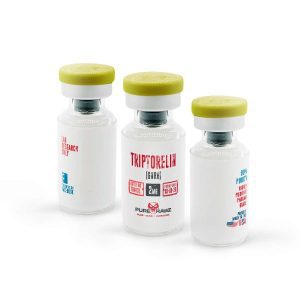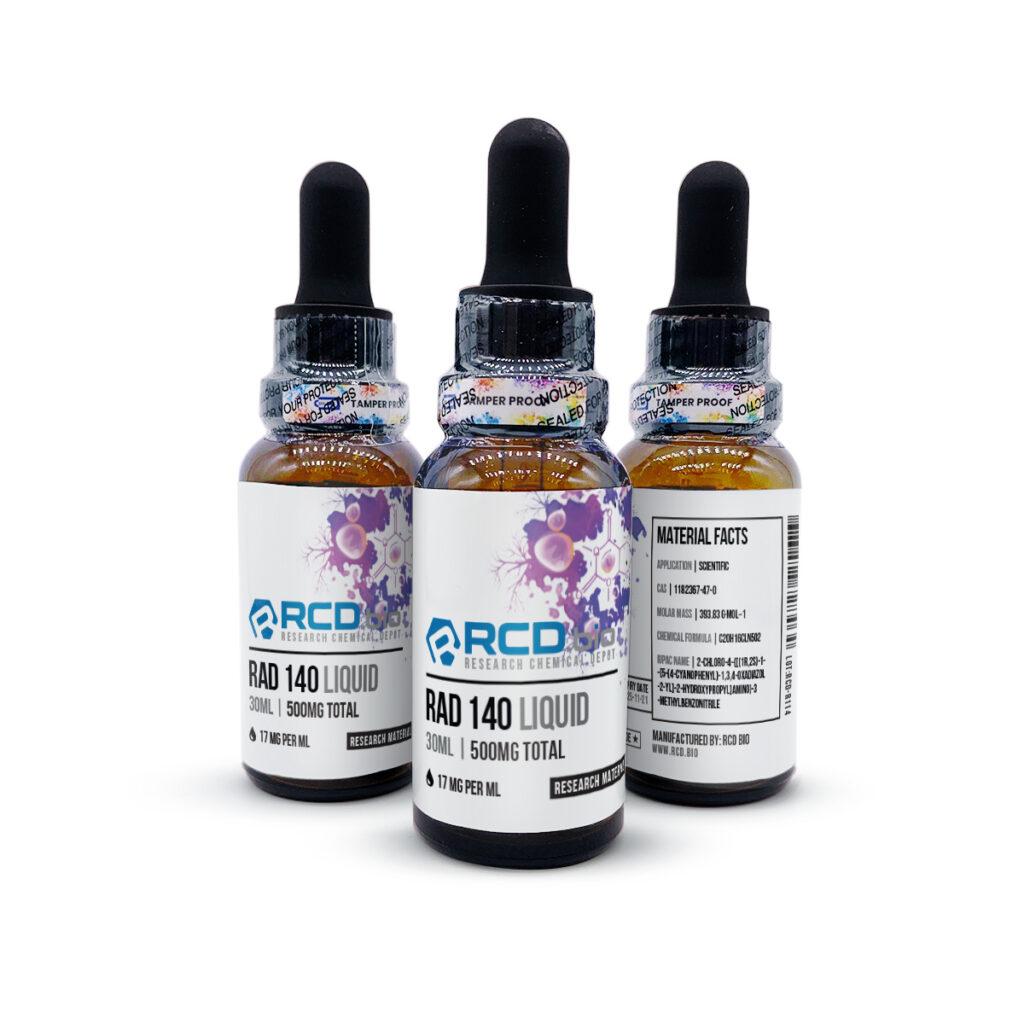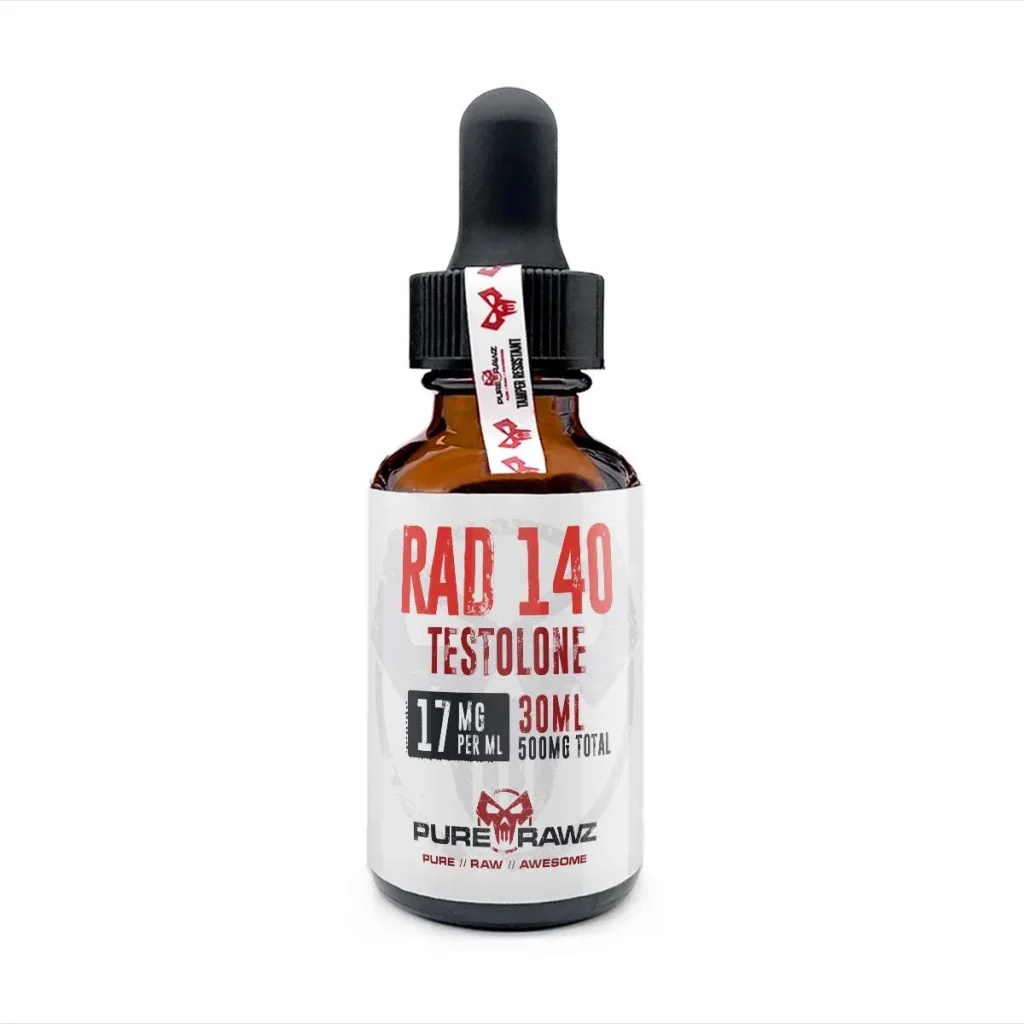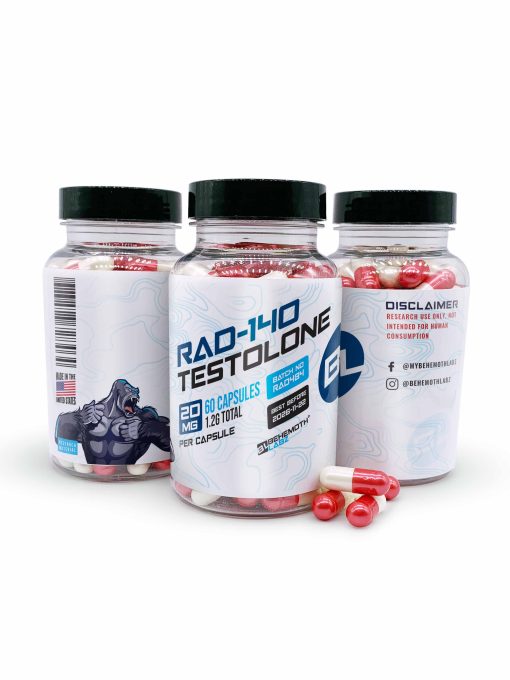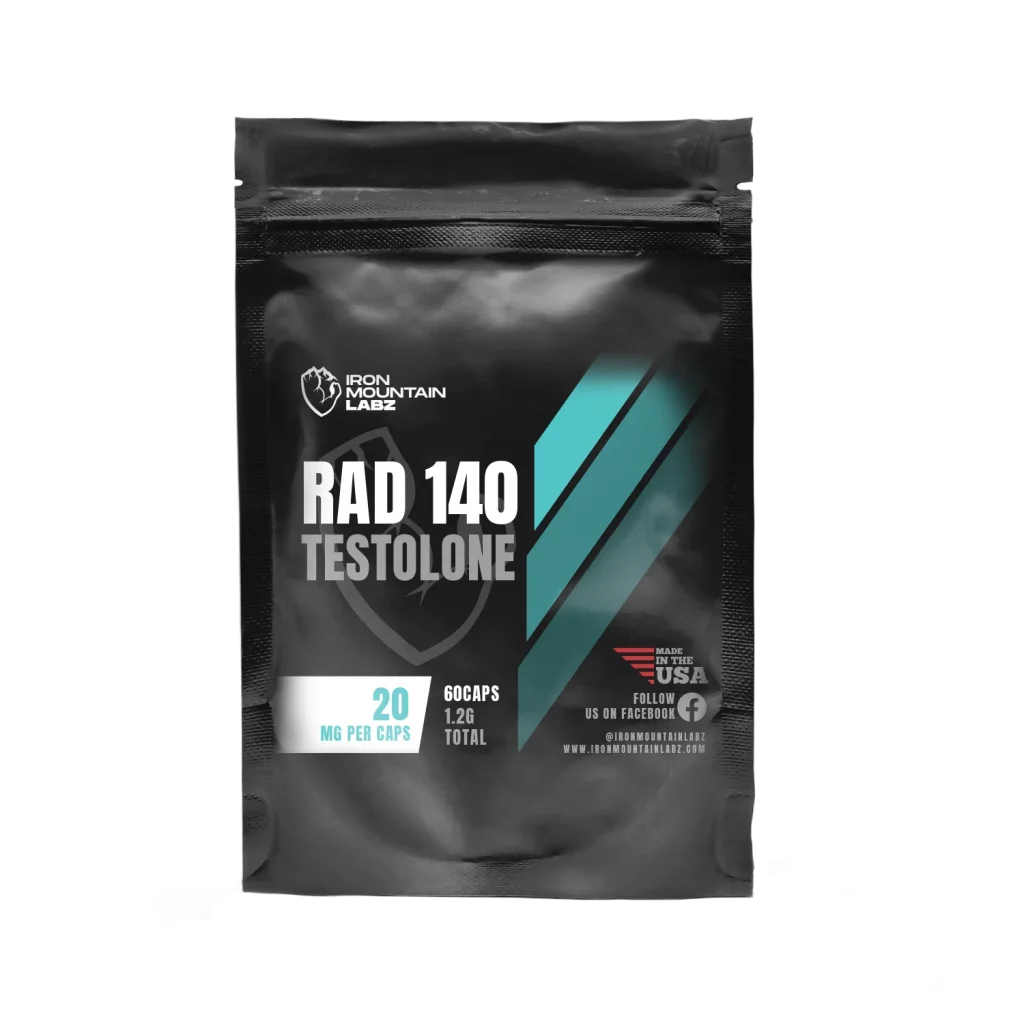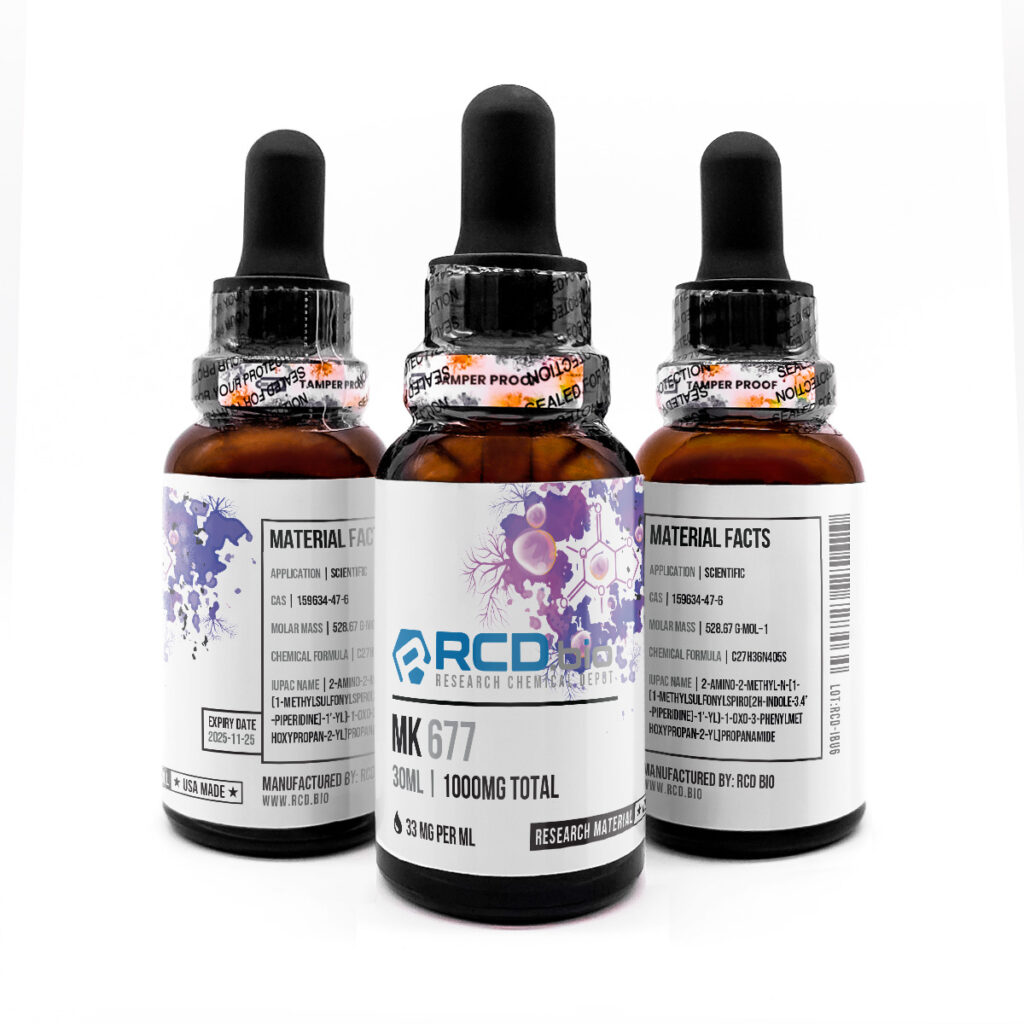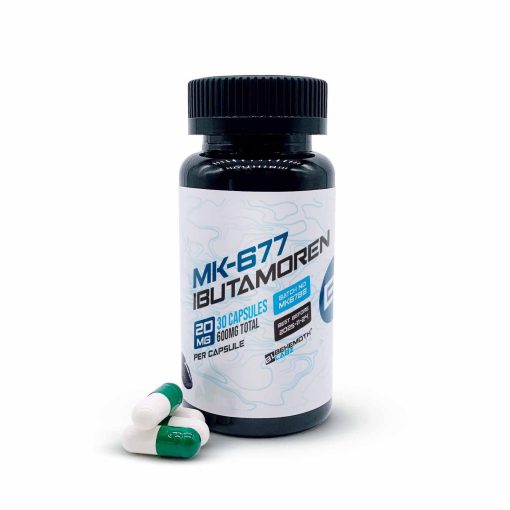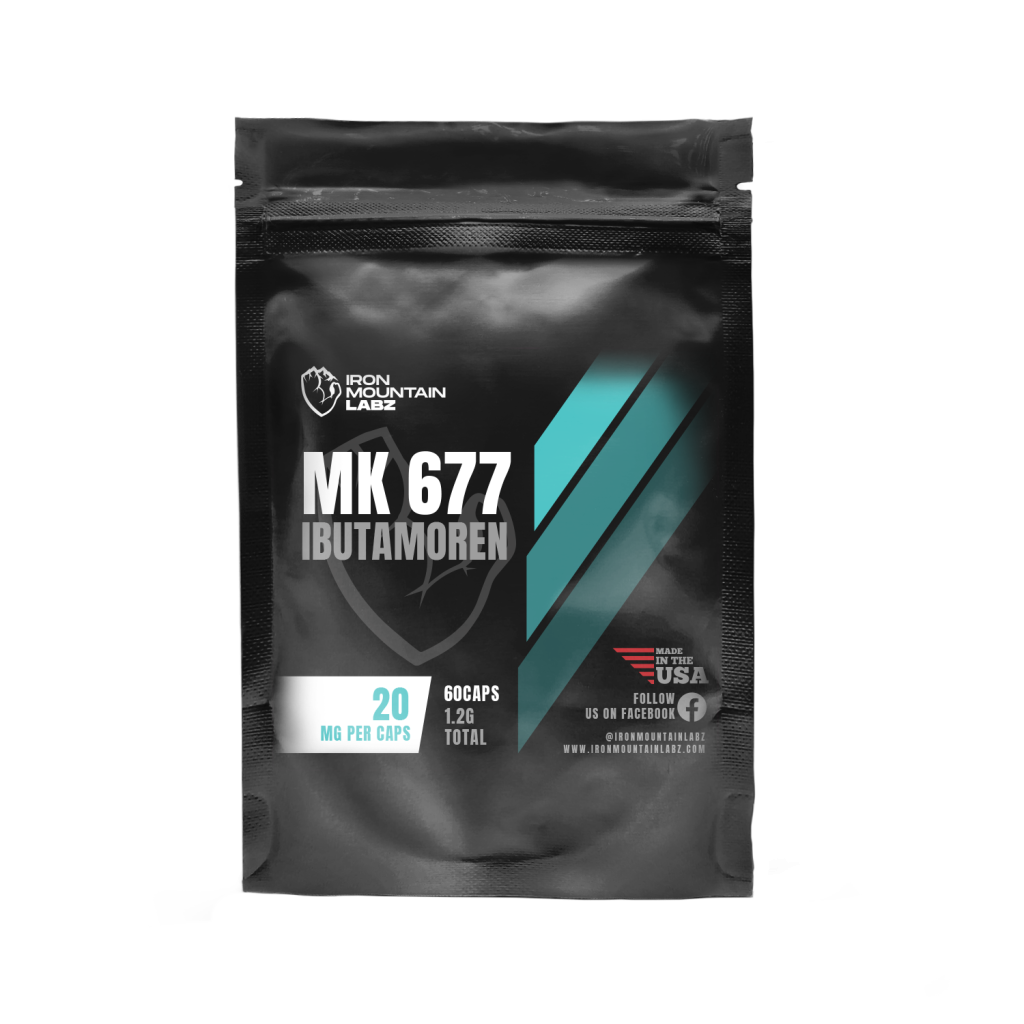Healthy reproductive organs are vital for biological reproduction and overall wellbeing. Reproductive organs enable fertilization and the continuation of the species. This article discusses triptorelin, a synthetic GnRH agonist used in medicine.
Introduction
Triptorelin is a synthetic analog of gonadotropin-releasing hormone (GnRH), and acts as a GnRH agonist. GnRH is a hormone that plays a crucial role in the regulation of reproductive functions. GnRH regulates the secretion of luteinizing hormone (LH) and follicle-stimulating hormone (FSH) from the pituitary gland. It can induce a sustained decrease in FSH and LH levels. {R} Triptorelin differs from natural GnRH by substituting D-tryptophan for glycine at position 6.
Like other GnRH agonists, triptorelin suppresses testosterone production in men. In the EU, it is an approved treatment for advanced prostate cancer in males. {R}
Triptorelin Peptide – Product Information
It is marketed under various brand names. It is used in the treatment of several medical conditions, including prostate cancer and endometriosis. It is also approved for treating endometriosis and central precocious puberty in children. {R}
Triptorelin is also used in controlled ovarian stimulation protocols for IVF. Triptorelin is typically administered as an injection with the frequency and dosage dependent on the specific medical condition being treated and the physician’s recommendations.
Triptorelin (GNRH) – Mechanism of Action
GnRH is produced in the hypothalamus. As a GnRH agonist, the mechanism of action of triptorelin involves its interaction with the GnRH receptors in the pituitary gland. Here’s a step-by-step explanation of how triptorelin works:
Image Source: https://en.wikipedia.org/wiki/Triptorelin
- – Initially, triptorelin stimulates the release of LH and FSH {R}
- – Normally, the release of GnRH from the hypothalamus occurs in a pulsatile manner. This pulsatile release of GnRH stimulates the pituitary gland to release LH and FSH. However, when triptorelin is administered, it initially stimulates the pituitary gland in a similar pulsatile fashion. {R}
- – With continued administration of triptorelin, the GnRH receptors in the pituitary become desensitized. This means that they become less responsive to the continuous presence of triptorelin. {R}
- – As a result of desensitization, the pituitary gland becomes less responsive to the pulsatile release of GnRH, leading to a decrease in the secretion of LH and FSH. {R}
- – The reduction in LH and FSH levels ultimately leading to reduced production of sex hormones, including testosterone, estrogen, and progesterone. {R}
Moreover, in the context of specific medical applications, this mechanism of action has therapeutic implications. In the treatment of prostate cancer, the reduction in testosterone levels is beneficial since prostate cancer growth is often dependent on testosterone. The ultimate goal of triptorelin treatment is to modulate the hormonal environment to achieve therapeutic effects in various hormone-sensitive conditions.
Triptorelin Benefits
Triptorelin, as a peptide, has several medical applications, and its benefits depend on the specific condition being treated. Here are some of the benefits associated with the use of triptorelin in different medical contexts:
- In the EU, triptorelin is approved as adjuvant therapy for early-stage breast cancer in premenopausal women, often with tamoxifen or aromatase inhibitors. {R}
- Triptorelin is often used to treat advanced prostate cancer as part of androgen deprivation therapy. By initially stimulating the release of luteinizing hormone (LH) and follicle-stimulating hormone (FSH) and then desensitizing the pituitary gland, triptorelin reduces the production of testosterone. Since prostate cancer growth is often dependent on testosterone, lowering its levels can help slow down the progression of the disease. {R}
- In the treatment of endometriosis, triptorelin is used to suppress ovulation and create a hypoestrogenic state. By reducing estrogen levels, triptorelin helps alleviate symptoms associated with endometriosis, such as pain and inflammation. {R}
- Triptorelin is used to treat central precocious puberty, a condition in which puberty begins too early in children. By modulating the release of LH and FSH, triptorelin can delay the onset of puberty and slow down the maturation process. {R}
- In the context of assisted reproductive technologies like in vitro fertilization (IVF), triptorelin is sometimes used to control the timing of ovulation. This allows healthcare providers to optimize the chances of successful fertilization and pregnancy during ART procedures. {R}
Side Effects
Like other GnRH agonists, side effects range from mild (injection site reactions) to more significant (bone loss with long-term use).
Side effects may include injection site reactions, hot flashes, mood changes, reduced libido, and bone density loss with long-term use.
Recommended Dosage of Triptorelin:
Typical dosing regimens include 0.75 mg IM every 4 weeks, 11.25 mg every 12 weeks, or 22.5 mg every 24 weeks.
Is it Legal?
It is FDA-approved for treating central precocious puberty in children aged 2 years and older. {R}
It is also approved for treating endometriosis. Endometriosis is a condition in which tissue similar to those that line the woman’s uterus grows outside the uterus. {R}



